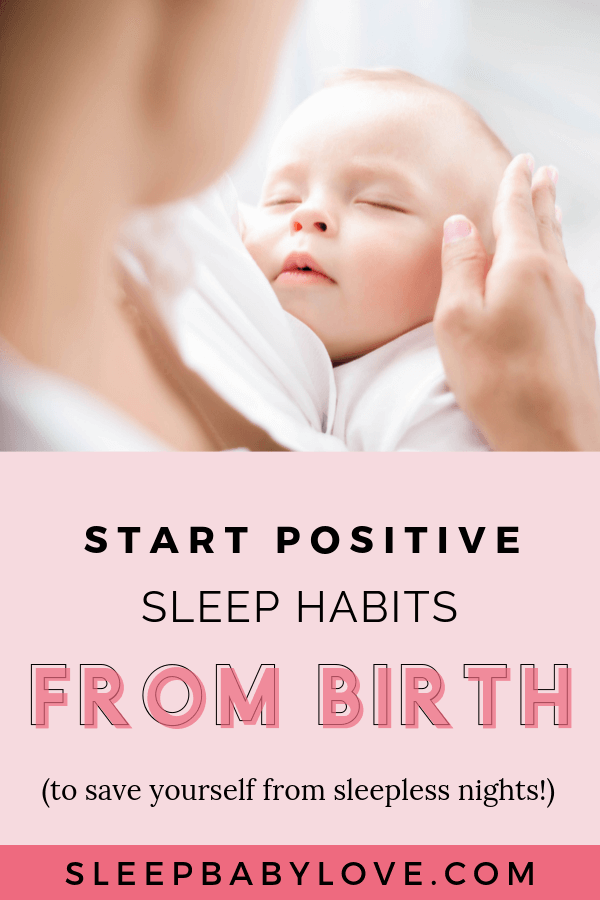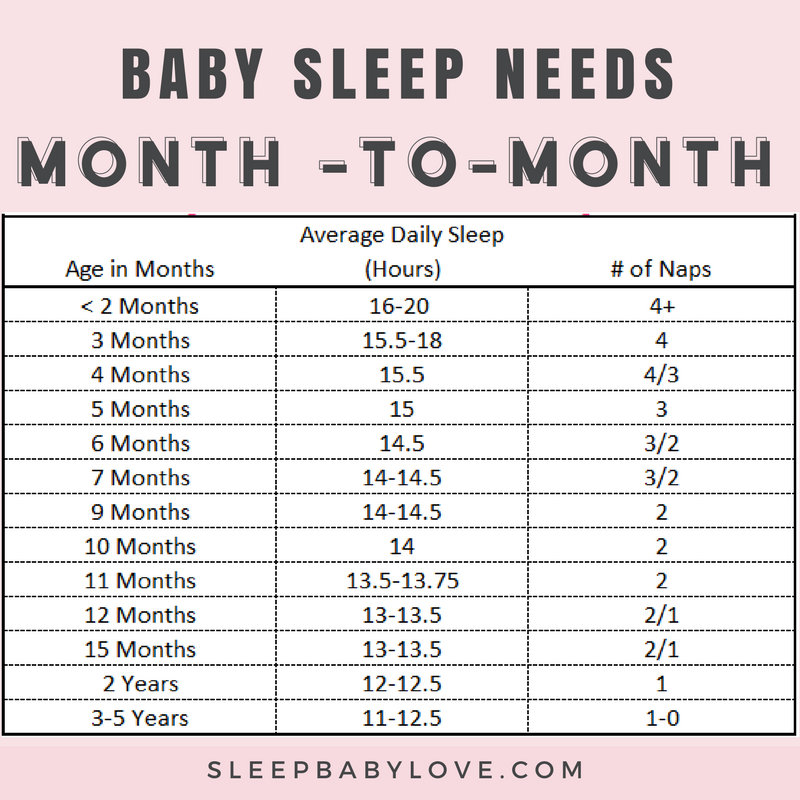5 Tips To Start Positive Sleep Habits From Birth
Are you crying out of tiredness and asking yourself, “Is this what it means to have a baby?” Especially when you are knee-deep in sleepless nights and just trying to survive. My guess is that things are looking so difficult and unbearable.
Parents are looking for sleep to improve
If you are a sleep-deprived parent of an infant, you may be having difficulty settling your baby to sleep, frequent night wakings, and daytime sleep problems. These are the top priorities of parents’ concerns about healthy sleep in their babies.
According to research from the US-based National Sleep Foundation, 70 percent of parents are up with their baby during the night, and 75 percent of parents of infants would like to change something about their baby’s sleep habits.
Naturally, many changes are occurring in a baby’s sleep due to their tenderness and fragile nature, which makes them vulnerable to frequent waking up. Also, during this period, new cognitive awareness, also called leaps or wonder weeks, and reaching new developmental milestones like rolling, crawling, and standing can be a hindrance to good sleep.
In case you are the new mother who has no idea on how to manage your new baby sleep habit, here are five tips to help you out.
#1 Know How Much Sleep Your Baby Needs
The first thing you should know as a new mother or even the old ones is how much sleep your baby needs to be healthy in every way possible. Babies cannot express themselves to you verbally like an adult will tell you if he is feeling sleepy or he needs to rest, for babies, you have to know all these things and help them out.
In the first few months of life, the amount of sleep that babies need varies greatly. The American Academy of Sleep Medicine says that infants aged 4-12 months get between 12-16 hours of sleep during every 24 hours, including naps to get the most health benefits from sleep. Children ages 1-2 years need 11-14 hours, and those from 3-5 years need 10-13 hours a day.
With the knowledge of the right amount of sleep your baby needs, it will go a long way in planning your baby healthy sleep habits.
#2 Create a Routine
At around 2-3 months of age, start implementing sleep routine to help signal to your baby that it’s time to go to bed. You should create a calming, peaceful, and predictable bedtime and naptime routine, and it is advisable that this routine takes place in the room where your baby sleeps so that the baby gets used to the room.
13-20 minutes is what your baby needs to fall asleep, use this time to perform a very pleasing sleeping ritual that will make your baby’s mind and body be so relaxed that they fall asleep. Pick the same activities like reading slowly and calmly or singing nursery rhymes.
Ensure to take anything stimulating away from the child, toys, or tickling sound or music from the soundbox. You can incorporate a feed as part of a healthy sleep routine for babies, but to create positive sleep skills, you’ll want to eliminate feeding as a sleep association (or a habit you’ll have to break down the road.)
Getting babies on a frequent schedule is a necessary step to helping him sleep at night; all you have to do is to create a bedtime routine that works for you and your child.
#3 Implement the Best Scene and Safe Sleep Hygiene
The right surrounding means a lot when it comes to creating a good sleep habit; this will definitely help in setting the mood for the child. Make sure the room is warm and comfortable, neither hot nor cold, avoid too much light reflection in the room where the baby will be sleeping.
According to Health Canada and the guidelines of the Canadian Pediatric Society, infants should be placed on their backs to sleep in their bassinet or crib until 12 months of age. Until a child is capable of rolling on his or her own, he should be placed on his back to sleep because placing a baby on his chest to sleep can cause sudden infant death syndrome (SIDS). A safe sleep environment is extremely important for the safety of your baby.
Also, know that babies should sleep on a firm flat surface for all sleep periods within a crib or pack-n-play.
To be on the safe side, soft materials like pillows, blankets, bumper pads, and teddy bears should not be in your baby’s sleep space.
#4 Make Sleep a “Must-do”
Do not forget that the human brain, both for adults and kids, runs on sleep.
The American Academy of Pediatrics (AAP) has linked the recurring waking up of babies to postpartum depression in moms to future obesity and behavior problems in kids and the author of Healthy Sleep Habits, Happy Child, Marc Weissbluth explains that, children who don’t get enough sleep have shorter attention spans, which is difficult for them to learn.
Naps are also beneficial to developing your baby’s health. In fact, the more rested your baby is, the more easily sleep comes. For a healthy baby, sleep makes sure you don’t over-stimulate your baby as this will get him or her tired and will result in difficulties in falling asleep because of cortisol, a stress hormone released, and setting them up for frequent night wakings and stunned naps.
Take note of your baby’s sign of getting tired and want to sleep, signs like rubbing the eyes, getting fussy, and yawning. When you notice these signs, you should put the baby to sleep.
#5 Ditch the Crutches and Let Your Baby Fall Asleep Independently
Once your child is older than 4 months, it is advisable that you let them fall asleep independently. Habits like rocking, singing, and nursing her until she sleeps off become “sleep crutches.” These are not bad behaviors or bad upbringings, but these will become a problem as they grow if they are so closely linked to sleeping in the infant mind that they cannot sleep off without them.
If you don’t ditch these sleep crutches, it will mean that anytime your baby wakes up in the middle of the night, you have to do these things to put her back to sleep. This important skill is to teach a child falling asleep quickly at bedtime, naptime, and sleeping through the night and also helps in preventing sleep problems before they become chronic.
Have faith that if you’ve gotten into some bad habits and your baby is up too often, it’s not too late to make changes. The act of teaching your baby independent skills is called sleep training. Do you want to learn more? If so, I have an epic blog post to teach you exactly what sleep training is (and don’t forget to download your free guide.)
Conclusion
Finally, people think sleep problems are inevitable when you have a baby, but it is best when good sleep habits can be encouraged from an early stage. There is hope so keep focusing on those strong sleep habits.
Guest Author:
Frank Hamilton is a blogger and translator from Manchester. He is a professional writing expert in such topics as blogging, digital marketing and self-education. He also loves traveling and speaks Spanish, French, German and English.heck the internet for translation services like The Word Point for your preferred language to translate this blog post.



